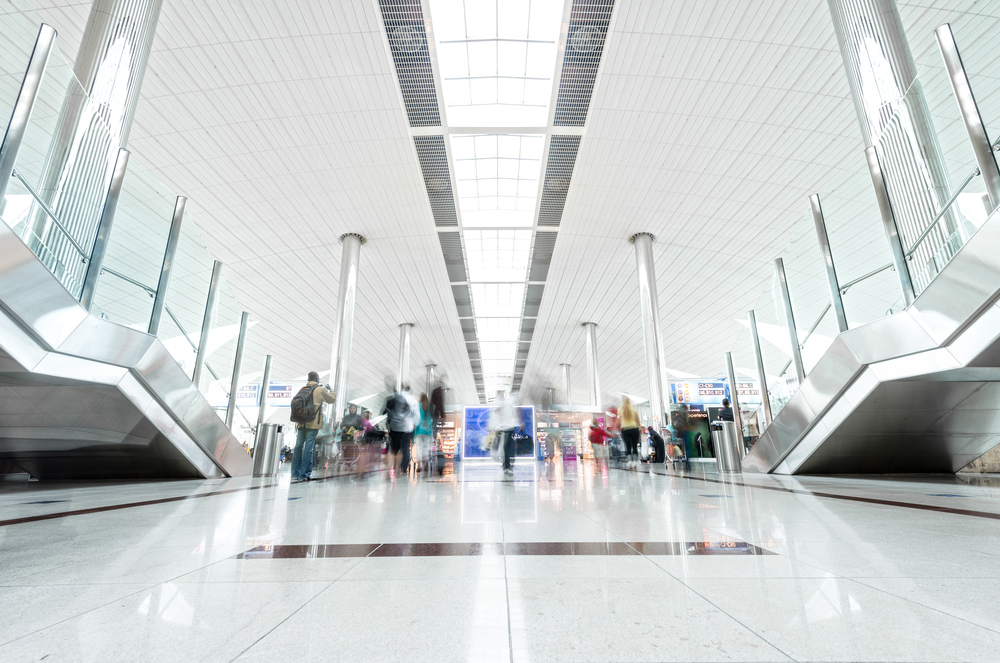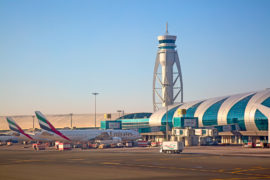Passenger traffic across all airports in the United Arab Emirates and all over the Middle East is to be severely affected in the first part of this year because of the growing travel restrictions and flight cancellations caused by coronavirus, new research claims.
A total of 13 cases have so far been confirmed by the UAE, but there has been a spike in infections in Bahrain and Iran.
On Thursday, the Airports Council International (ACI) said that regional aviation hubs, in addition to those within the Asia Pacific region, are under an enormous amount of pressure because of the reduction in air connectivity.
Many nations have imposed direct flight cancellations and other travel restrictions because of the outbreak, and a major drop in traffic is anticipated as a result, according to ACI.
UAE carriers have ceased operations of flights from and to China in addition to Bahrain and Iran because of the virus scare.
On Wednesday, Gulf Air, the national carrier of Bahrain, announced that the suspension of flights from and to Dubai International, the busiest airport in the world, is to be extended for a further 48 hours.
The Ministry of Foreign Affairs and International Cooperation in the UAE has also banned travel to Iran and Thailand.
On Wednesday, Rome’s UAE Embassy issued a new advisory that warned Emiratis to postpone any planned trips to Italy, which has seen a spike in cases of coronavirus in recent days.
The latest International Civil Aviation Organisation estimates state that over 130 airlines have been reducing flight frequencies or have completely cancelled all flights to and from mainland China since last month.
“China, which contributed close to 60 percent of the 2019 traffic increase, will no longer be able to fuel growth in this part of 2020,” said ACI Asia Pacific director general Stefano Baronci.
The growth and revenue generation of airports is linked directly to the level of passenger traffic, and significant decline is therefore expected in airports in particular markets, including the UAE, for Q1 2020.
However, Baronci points out that the impact is also going to be felt by a number of airports across the world.
UAE travel and hospitality sources say that the fall in the number of Chinese visitors has already had an impact because they are one of the nation’s biggest tourist traffic sources.
“We have noticed a noticeable decline in tourists from China due to this situation… and many clients have also deferred their trips to the [Asia-Pacific] region, including Singapore, Thailand and Hong Kong,” noted Sharaf Travel Services general manager Premjit Bangara.
Airports in the Middle East experienced a rise in passenger traffic of 3.3% last year, with a 3% growth also experienced by the Asia Pacific region.
The aviation sector may need to reconsider its heavy reliance on connectivity from the outbound Chinese market, Baronci admits.
Anyone who is travelling to and from the UAE should take out travel insurance to guard against postponed and cancelled flights and falling ill overseas.




